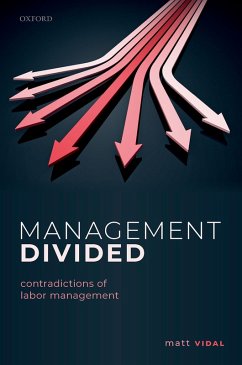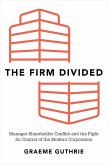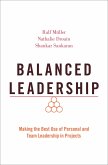One of the central dynamics shaping organizations today is a contradiction managers face between ensuring workforce discipline and harnessing worker creativity. This contradiction has been intensifying over the last four decades as employee involvement has become increasingly important in response to rapid technological change, requirements for flexibility, and demands for continuous improvement. In manufacturing, global best practice includes lean production with substantive worker empowerment; cross-training in enlarged tasks and inclusion in problem solving and decision making. Yet, many managers instead face these conflicting pressures by training workers in narrow tasks and using them exclusively for manual labor. In this richly evidenced study of American manufacturing, Matt Vidal presents a synthetic theory called 'organizational political economy', integrating concepts from organization theory into a classical marxist framework. This theory emphasizes how contradictory developments - conflicting pressures and competing logics of labor management - lead management to be divided. Some managers adopt best practice by substantively empowering their workforce while others settle for good enough. Capitalist management is increasingly a source of organizational inefficiency. This argument is not limited to manufacturing. Managers experience contradictory pressures - for standardization versus discretion, deskilling versus upskilling - in a wide range of occupations including education, healthcare, software development, and many more.
Dieser Download kann aus rechtlichen Gründen nur mit Rechnungsadresse in A, B, BG, CY, CZ, D, DK, EW, E, FIN, F, GR, HR, H, IRL, I, LT, L, LR, M, NL, PL, P, R, S, SLO, SK ausgeliefert werden.









